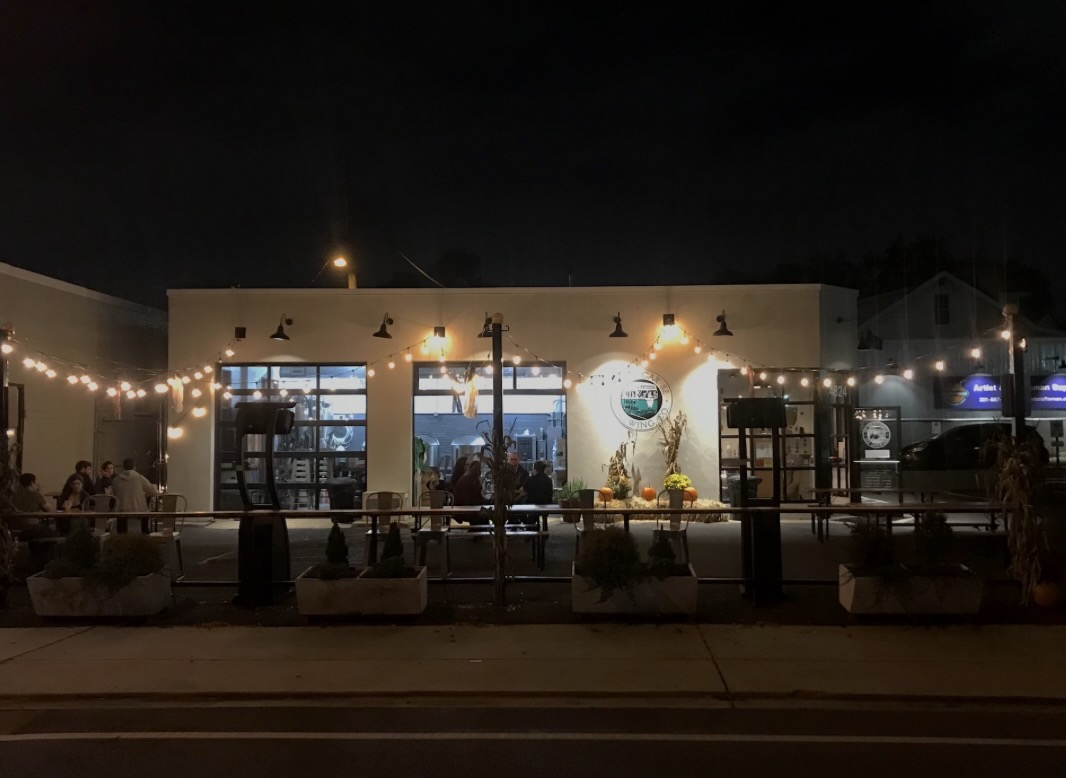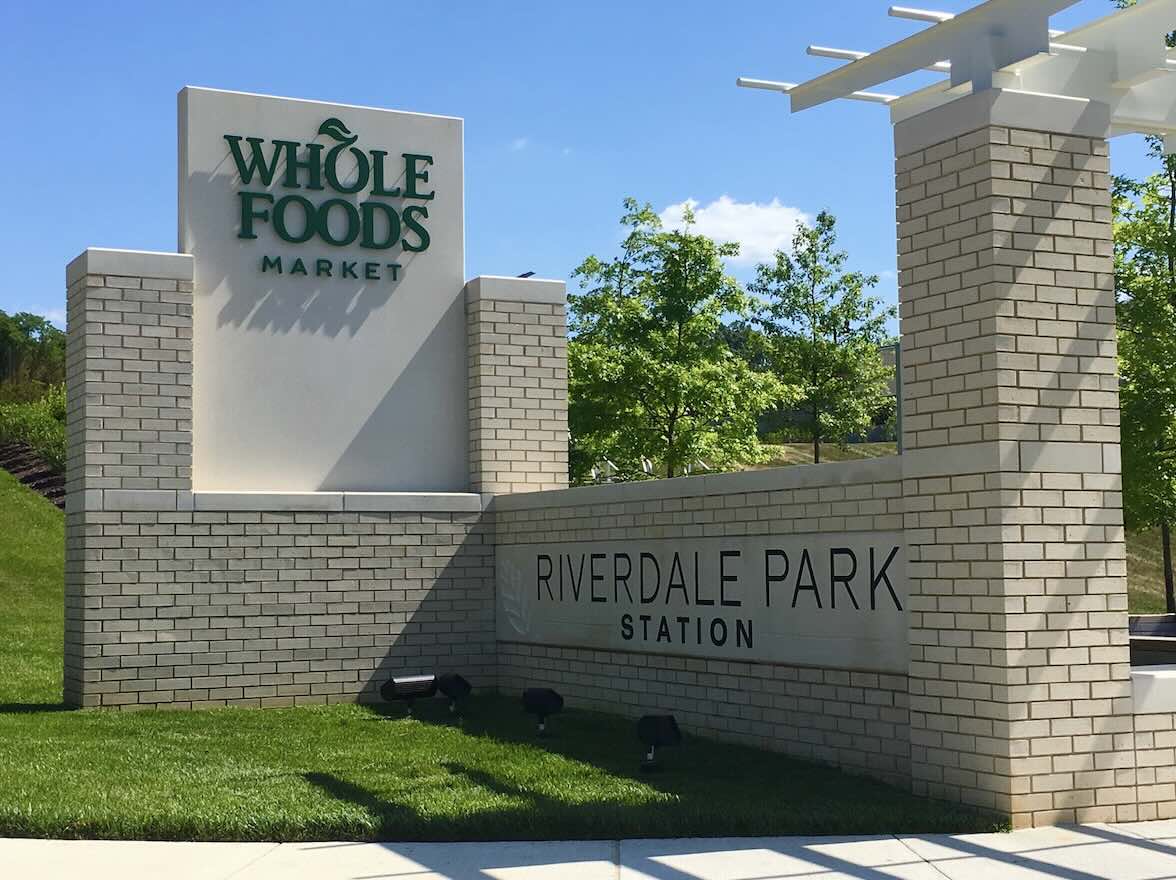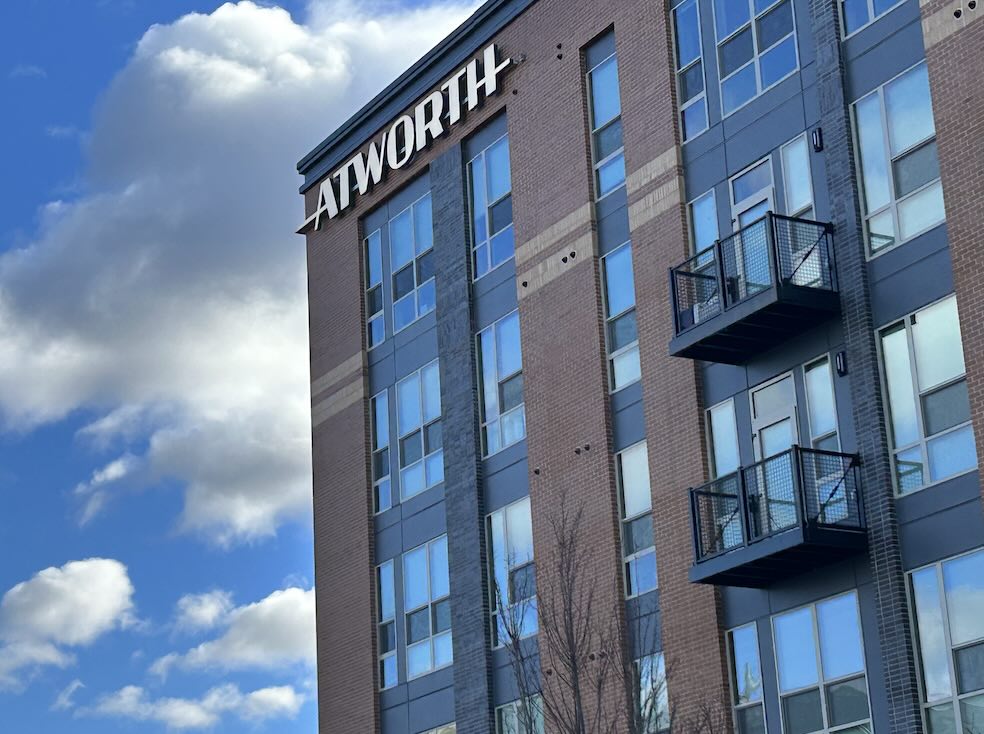
Prince George’s County may soon get permission to charge a five-cent fee on plastic bags in stores, joining Montgomery County and Washington, D.C.
A local bill in the General Assembly would give the county authority to charge the fee, which is designed to reduce plastic bag use and raise money to restore local waterways.
In a 2019 study, volunteers observed 32,512 shoppers at 209 stores in Prince George’s County, finding that almost nine out of 10 used disposable plastic bags.
But things were dramatically different at two discount grocery chains with locations on the Route 1 corridor. As a cost-cutting move, Aldi and Lidl stores don’t offer plastic bags and charge for paper, leading 94 percent of shoppers to use reusable bags or no bags at all.
A 2008 study by the D.C. Department of the Environment found that plastic bags made up 21 percent of the trash in the Anacostia River and more than 40 percent of the trash in its tributaries.
A bag fee in D.C. was implemented and designed in 2009 to help clean up area rivers under a catchy slogan “Skip the Bag, Save the River.”
And the fee was effective. Several studies found that plastic bag use dropped in D.C. by 50 to 70 percent in the first five years after the bag fee was implemented, while the amount of bags found during river cleanups dropped by 72 percent.
Prince George’s County has tried to charge a disposable bag fee for several years, but it needs permission from the General Assembly.
Even if the county doesn’t get permission, the effort may end up boosting another proposal that would ban disposable plastic bags statewide. With various local governments charging different fees, large retailers increasingly say they would prefer a single statewide standard, even if it’s a ban.
With the Anacostia Watershed Society working to make the Anacostia River swimmable and fishable by 2025, through the Waterway to 2025 plan, a bag fee for the county or even statewide would help make this goal more attainable.
















The real problem of course is that people are slobs. The reason we no longer have fully reusable glass soda bottles–a recycler’s dream decades before it was trendy–is because people would have rather smashed them on the playgrounds instead of get their 5 cents back.
Thank you for highlighting this very important effort! Plastic bag fees and bans are absolutely essential to cleaning up our environment and minimizing damage to wildlife. I’ve been carrying re-usable bags in my car or purse for at least 25 years now and have never been inconvenienced. At times when we feel we must have a plastic bag, the small fee reminds us of the large environmental cost it entails.
Implementing this bag fee will only hurt the poor. Please stop this attempt to hurt and/or exploit poor residents.This legislation is designed to only hurt our most vulnerable residents. Lobby DC for more money, leave the poor alone.
SM,
The legislation is designed to reduce plastic bag use and if you read the post you will see that studies found it very effective in DC. I am in favor of clean rivers so I support this.
I am not questioning the validity of the legislation. For Janus edification, the article was read. My concern is for poor residents in Prince George’s. I find it shocking you would allow your arrogance to cloud the substance of the legislation and how this could adversely impact poor residents.
Seems like reusable bags are affordable, even on a limited income. Often they’re given away free, as promotions, if you don’t mind carrying someone’s logo around.
SM,
This is what your original post says: “This legislation is designed to only hurt our most vulnerable residents.”
I replied, without resorting to name calling, and noted that this is not true. The “design” of the legislation is to improve water quality. You may well have a point that the burden is felt disproportionately by the poor, but when you argue in bad faith it undermines your credibility. Work on that.
Janus,
This legislation is only going to result in poor residents shouldering the burden of this legislation. You clearly are not concerned about the poor residents of Prince George’s County. Please, leave us residents of Prince George’s County alone. Ensuring poor residents can afford groceries supersedes a bag fee.
So please take away your arrogance and leave the poor and majority African-American residents alone.